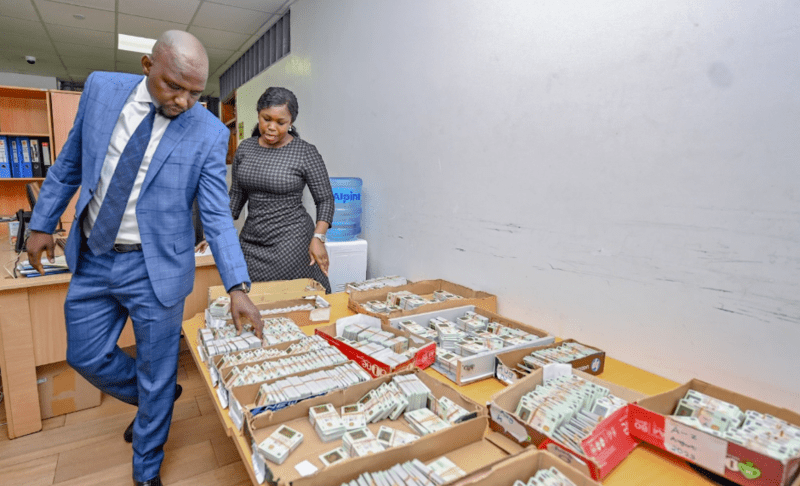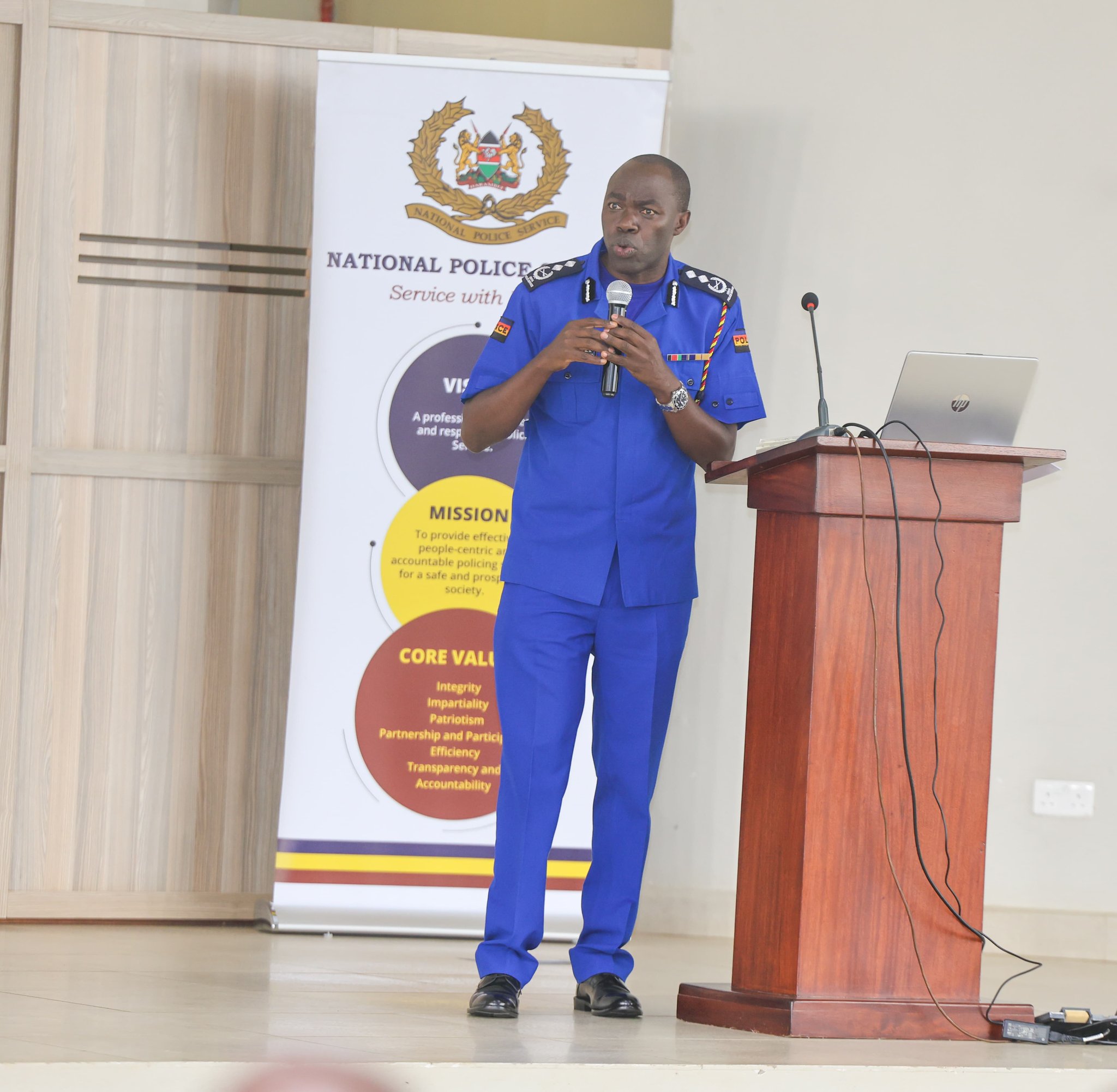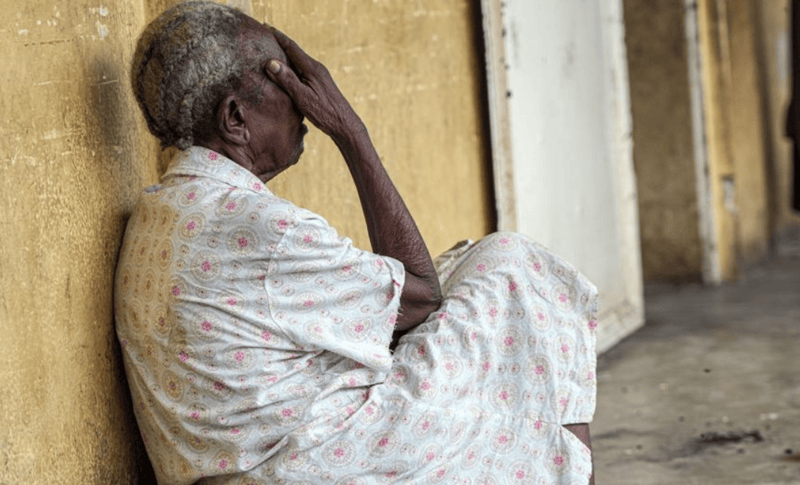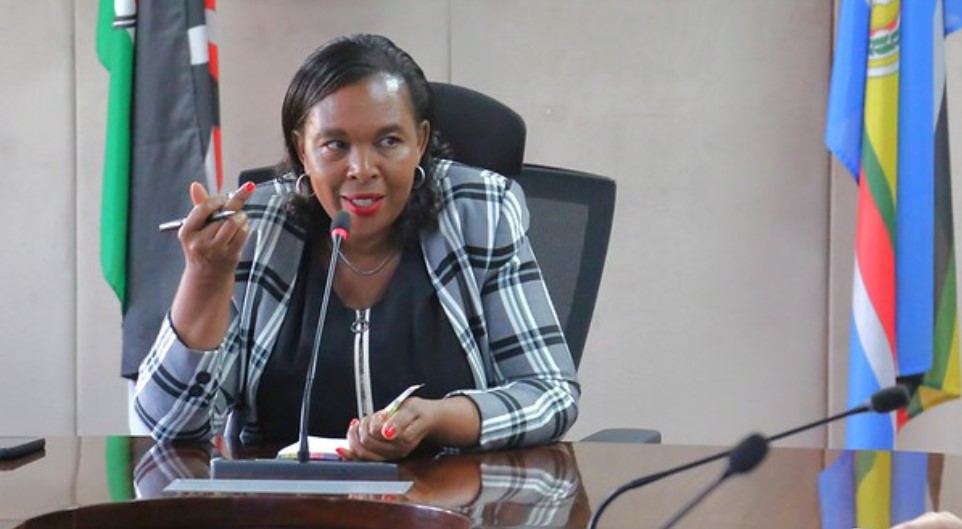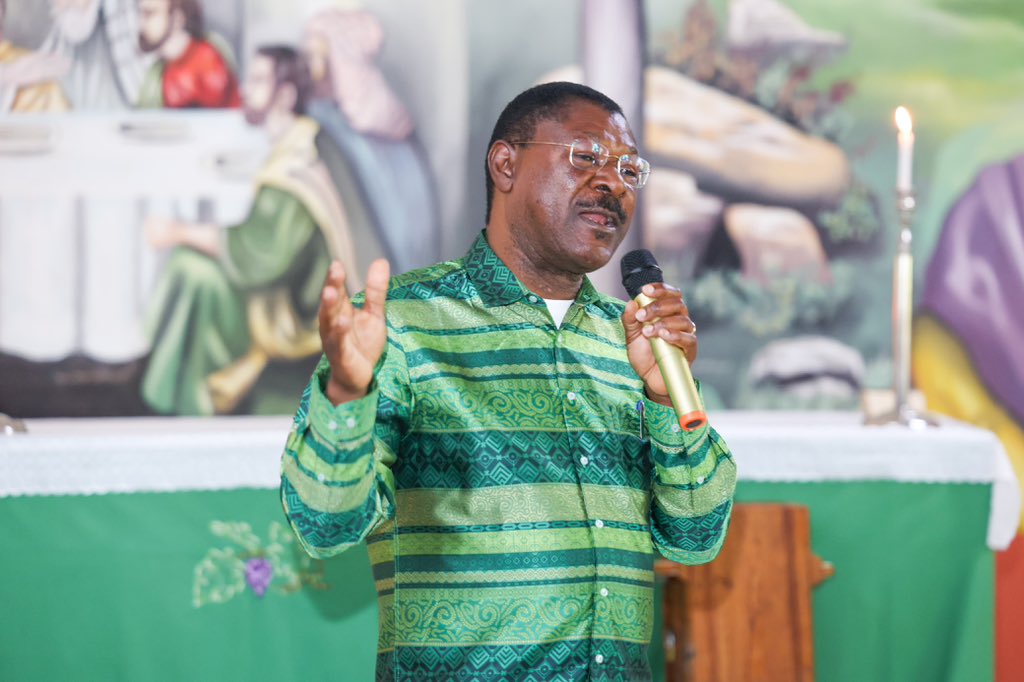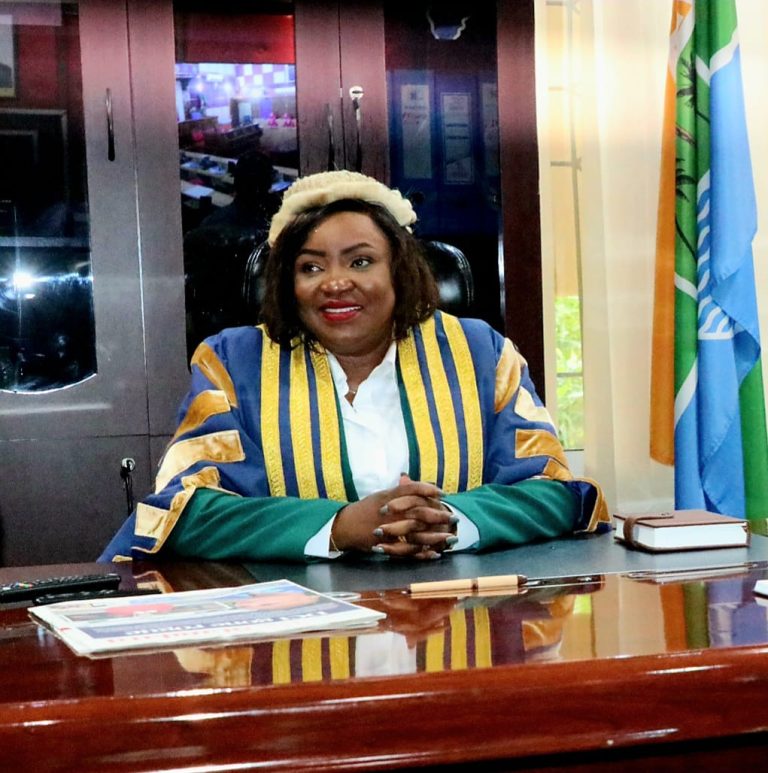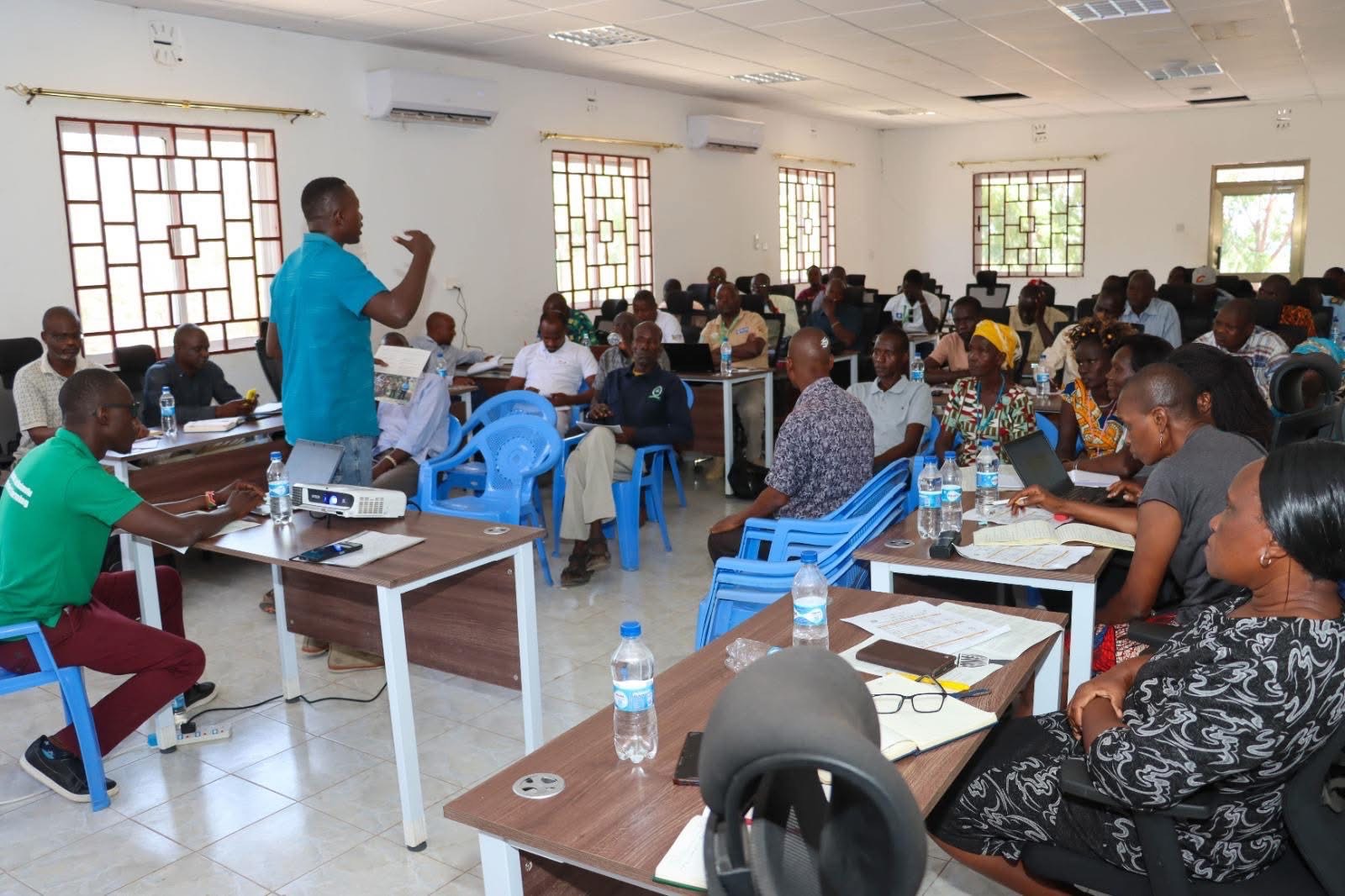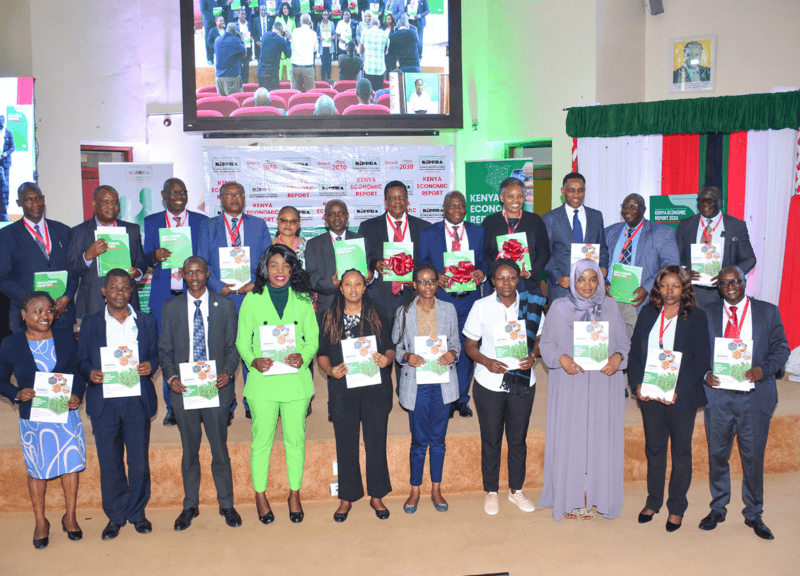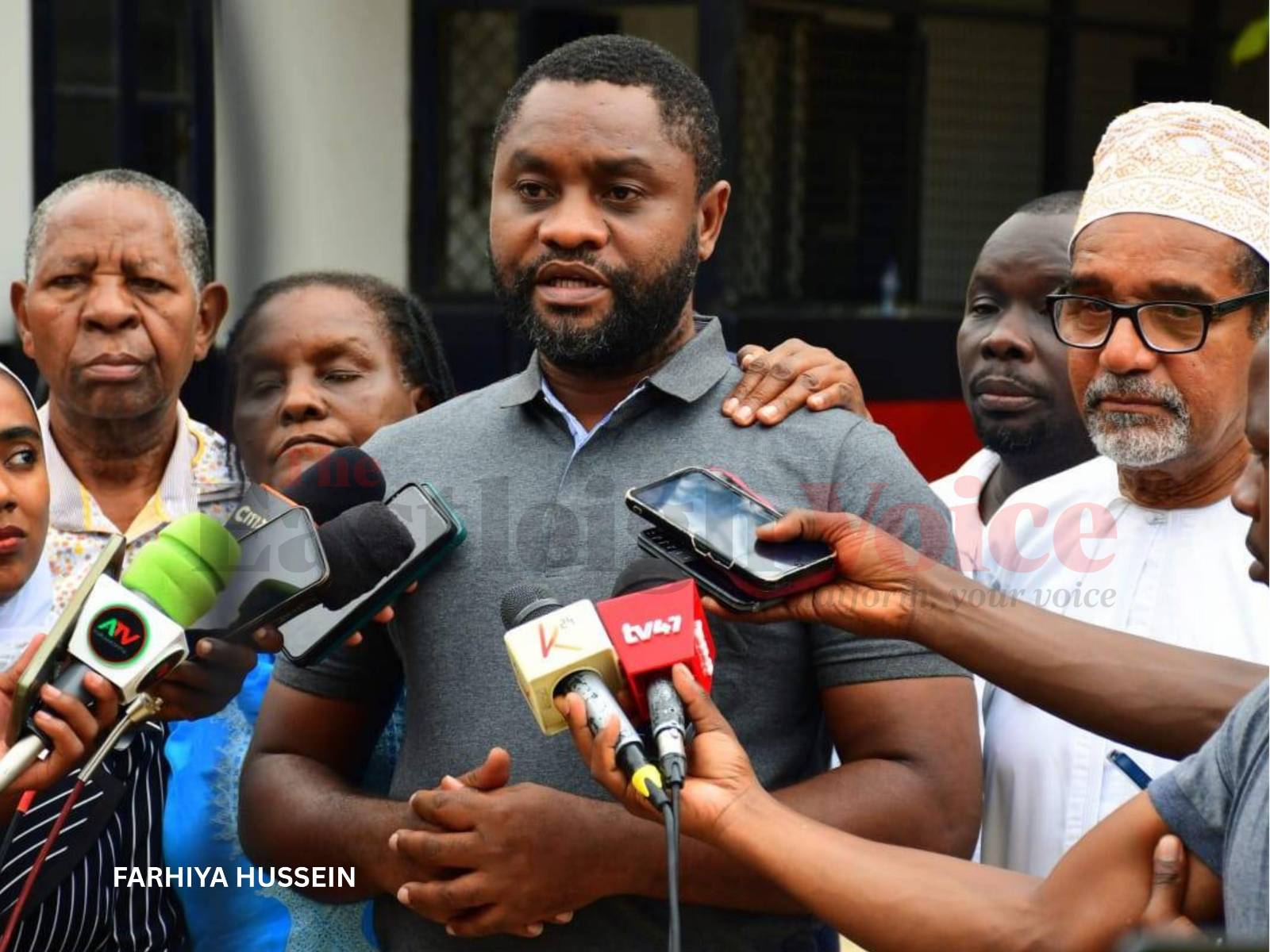Government defends the sale of donated Russian fertiliser
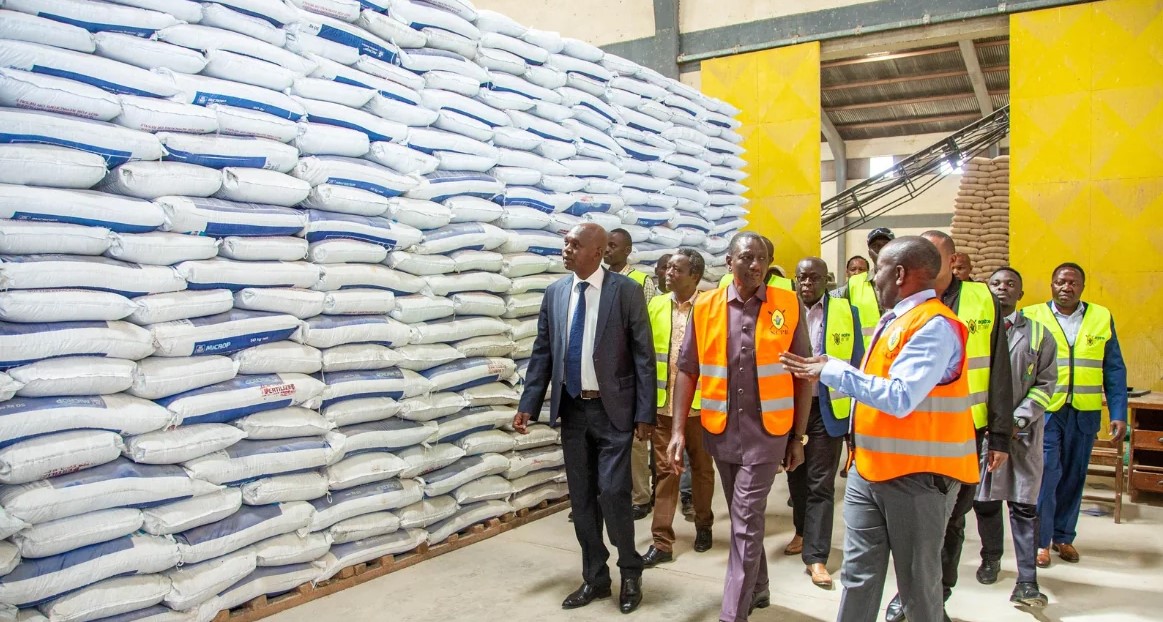
According to the government, the blending process made the fertiliser usable and ensured more farmers benefitted while promoting soil health sustainability. As part of the initiative, local fertiliser manufacturers were invited to competitively bid for the blending and granulation of the donated raw materials. Maisha Minerals and Fertilisers Limited won the contract to complete the task as a result of this process.
The government has moved to clarify allegations that it sold fertiliser donated by the Russian government during the Russia-Africa Summit in August 2023, following claims made by the newly impeached Deputy President, Rigathi Gachagua.
Speaking on Monday, Gachagua alleged that the fertiliser, which was intended to be distributed free of charge to Kenyan farmers, was instead rebranded and sold at inflated prices under the guise of the National Fertiliser Subsidy Program (NFSP).
More To Read
- Kenya approves duty-free import of 500,000 tonnes of rice
- State rolls out milk coolers in fresh Sh1.4 billion bid to boost dairy sector
- 7,000 bags of fertiliser looted from NCPB's Maua depot during June 25 protests - Agriculture CS Mutahi Kagwe
- Government releases 200,000 bags of subsidised maize to millers to stabilise flour prices
- Boost for farmers as sugarcane prices raised to Sh5,500 per tonne
- Kagwe calls for overhaul of agriculture funding, criticises three per cent budget allocation
“The Russian government gave us 40,000 metric tonnes of fertiliser, but the government blended and sold the donated fertiliser from Russia, which was processed and sold to Kenyans,” Gachagua said. “These donations were handed to some companies and then resold to the government at market rates, pocketing billions.
In response, the government confirmed receipt of 33,835 metric tonnes (equivalent to 676,700 bags of 50kg each) of fertiliser raw materials from Russia. However, the state maintained that these materials — including Murate of Potash, Urea (46% N), and NPK (27:6:6:2 were not suitable for direct application on crops.
“It became prudent to blend the fertiliser raw materials into crop-specific blends to turn the fertiliser into forms that could be used directly by farmers,” read a statement from the Ministry of Agriculture. “This process helped increase the quantity and fertiliser varieties suitable for various crop value chains, including tea, rice, maize, and horticultural crops.”
According to the government, the blending process made the fertiliser usable and ensured more farmers benefitted while promoting soil health sustainability.
As part of the initiative, local fertiliser manufacturers were invited to competitively bid for the blending and granulation of the donated raw materials. Maisha Minerals and Fertilisers Limited won the contract to complete the task as a result of this process.
“Additional raw materials and micronutrients were added during the blending process. The costs incurred—including blending, granulation, and transportation to National Cereals and Produce Board (NCPB) depots—were what was paid to the blending firm,” the statement added.
Ultimately, the government reported that the 33,835 metric tonnes of donated raw materials yielded 103,350 metric tonnes (approximately 2,068,994 50-kg bags) of blended, crop-specific fertilisers, which were distributed to registered farmers across the country under the NFSP.
Top Stories Today




